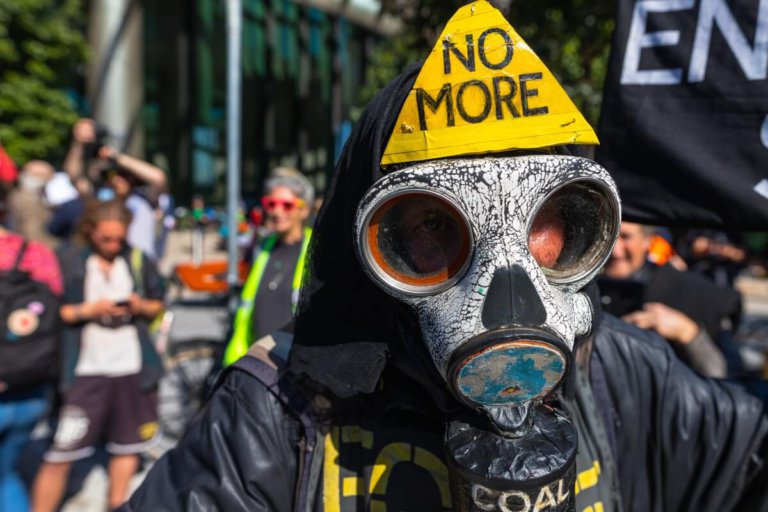
When we think of medical school, we think of submerging ourselves in the sciences, be it biochemistry, anatomy – the list goes on. But with climate change standing as the defining issue of our time, medical schools – particularly in the US – are coming under greater scrutiny over their role in the climate change fight.
Medical schools are facing increasing pressure from doctors, health organisations and students to include climate change in medical education, reported The Wall Street Journal. It added that physicians and other health care workers need to prepare for the risks associated with rising global temperatures.
Climate change is moving at a rapid pace. A recent CNN report noted that July 2019 has replaced July 2016 as the hottest month on record, with meteorologists saying that global temperatures marginally exceeded the previous record. With ice sheets melting and temperatures rising, both humans and wildlife alike must find a way to cope with these weather changes.
After all, don’t the medical implications attached to the issue make climate change education relevant for medical students?
Climate change education isn’t just for tree-huggers
More doctors, health organizations & students are pushing for medical education to include climate change, saying that physicians & other health-care workers need to prepare for the risks associated with rising global temperatures. https://t.co/FFyOwhX3ad @WSJ @MayoClinicSOM
— Mayo Clinic (@MayoClinic) August 7, 2019
Medical school is known for being gruelling and incorporating climate change-related topics into an already packed curriculum could prove to be a challenge. Despite that, the movement, backed by the American Medical Association, is showing signs of impact, notes WSJ.
For example, in the University of Minnesota, medical, nursing and pharmacy schools have added content and tweaked existing classes to incorporate climate-related topics. Meanwhile, the University of Illinois College of Medicine at Urbana-Champaign have included a diagnosis exercise about worsening asthma due to increased wildfires from climate change.
The Mayo Clinic is also starting discussions this month on how to integrate the topic into its medical school’s curriculum, reported WSJ.
There are challenges to adding climate change education into the medical curriculum, including a lack of expertise in the topic. Despite that, advocates of climate-change education believe health care providers must be trained to prevent, detect and treat conditions that may rise or emerge in new places as the climate changes.
“This is really the greatest health danger of our century,” said Mona Sarfaty, Director of the Medical Society Consortium on Climate and Health to the WSJ. “We must respond and make sure our health professionals are sufficiently educated.”
Liked this? Then you’ll love…
Medical students ditch lectures for online learning
Columbia University’s medical school offers debt-free degrees







